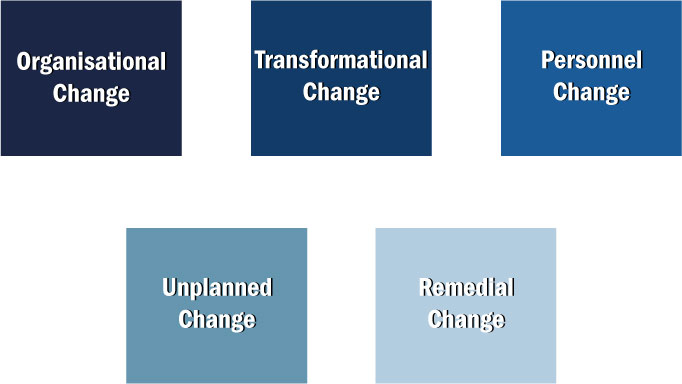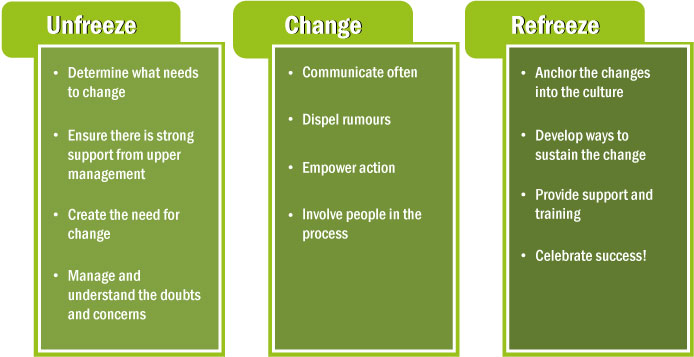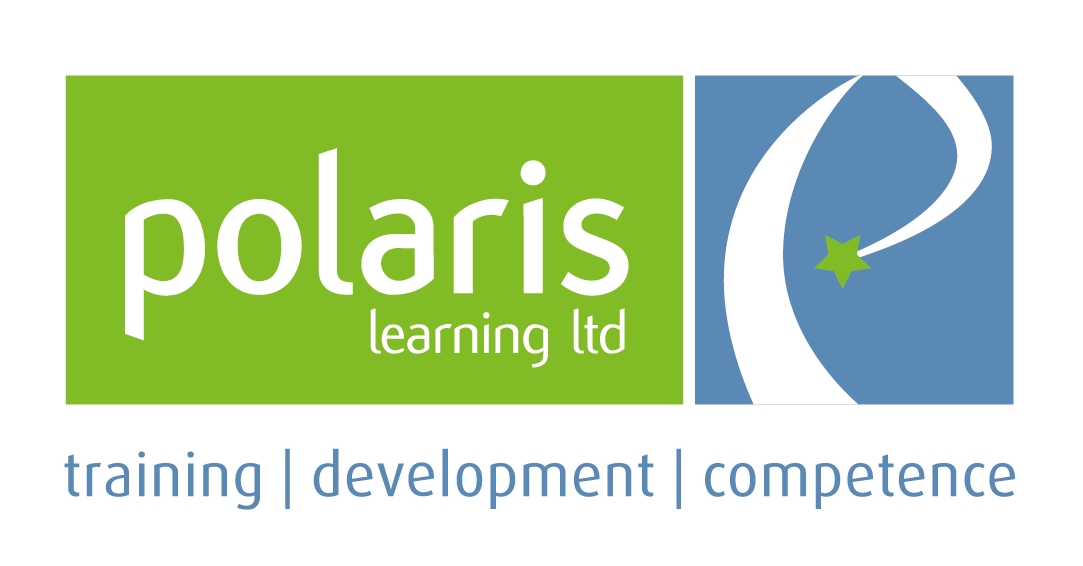Managing Change – Equipping Managers with this Key Leadership Competency
If your managers do not buy into and support the roll out of the organisation’s change management projects, the projects will fail.
Change, as we know, is an inevitable part of our lives, and for our organisations to survive and thrive, we must rely on the managers in the organisations to make change happen, and to make it happen successfully.
Yet, how often do we equip managers with the skills, knowledge and ability to plan, lead and implement change effectively? Sometimes, we might be guilty of expecting managers to be competent in the area of change management without providing the training and coaching that is needed to help them excel.
In this article, we will look at the key areas in which managers need to be competent when it comes to change management, so that they can successfully support your organisations with the roll out of change management programmes.

There are different types and scale of change projects and this does impact to a degree on the range of competencies that managers need to have in relation to change management.
However, at the core of all change management projects there will still be some fundamental requirements that the managers need to be able to address and steer their teams through.
Area One: Understanding the Stages of the Change Process
In our experience, making managers aware of a change model can help them understand the stages of change that they need to help their teams work through.
There are lots of models to choose from and we use Lewin’s Change Management Model in the training that we provide on change management.
The important points in this discussion are:
Unfreeze
Managers start by preparing everyone for the change, explaining why the change is necessary and getting people used to the idea that the change is coming.
Change
At this point, the change is taking place and the manager’s focus is on communication and leadership to make sure the change process is successful.
Refreeze
Now, the change should be in place and accepted, and the focus is on making sure that the change is embedded in the organisation and is sustained going forward.

Area Two: Providing Leadership with a Clear Vision and Objectives
When change happens in an organisation, it often is not obvious that all the organisation’s senior leaders have bought into the change or are even clear why it is going ahead. As a result, their direct reports, can feel as confused and out of the loop as everyone else. These are the organisation’s managers yet they cannot provide clear direction and leadership if they are not receiving the steer that they need from senior management.
The managers need to understand what the change is about, why it is needed, what the vision and goals are, what success will look like, and what needs to be done to make it happen.
Then they need to know what is expected from them personally and what is needed from their teams to make it happen successfully.
Do your senior managers have the tools and abilities to provide this leadership? Do your middle and junior managers know how to then provide this leadership to their teams?
Area Three: Giving Clear, Consistent Communication, Properly Explained
You need your managers onboard and they need to know that they are responsible for providing clear communication to their teams about what is happening, when, why and how, at the start of the project and throughout the project lifecycle.
They also, importantly, need the ability, skills and knowledge to provide that communication to their teams in a way that it will be understood and can be acted on.
As the change project progresses, communication to managers needs to be clear, consistent and clearly explained. If not, they will not have the right information to pass on to their teams, they will not pass on the information accurately or they may not pass it on at all.
Senior managers need good communication skills and so do all your other managers who need to keep the communication flowing through the organisation, in all directions.

Area Four: Training, Coaching, Mentoring and Facilitation with Team Members
As part of the change management process, your managers may need to give presentations or group training sessions, but it is more likely that they will need to coach their team members, perhaps demonstrate new ways of doing things on a 1 to 1 basis, provide mentoring, or facilitate discussions between team members or different colleagues within the organisation.
It is worth considering if some of your managers need some training or extra 1 to 1 support from you in any of these areas. Are they competent in coaching or could they do with some refresher training on how to coach? Will there be tricky group discussions that possibly need some training or coaching in facilitation skills to help the managers better cope with situations that they might face?
We recommend that you look at each manager individually to consider what support is needed, and provide tailored training to keep your costs down and get better results. Often managers themselves may volunteer where they feel that they could do with more support.
Area Five: Addressing Barriers to Change

Finally, managers need to be able to work with their team members if they are struggling to accept the change that is required.
If they are struggling, there are different stages that they can go through and the manager needs to be able to respond in different ways at different stages.
To be able to do this requires the manager to have the time as well as the knowledge to know what to do, how to do it, and the skill and ability to go about it in the right way. Managers might need some extra support, training or coaching to help them if this is not something they already know how to do.

